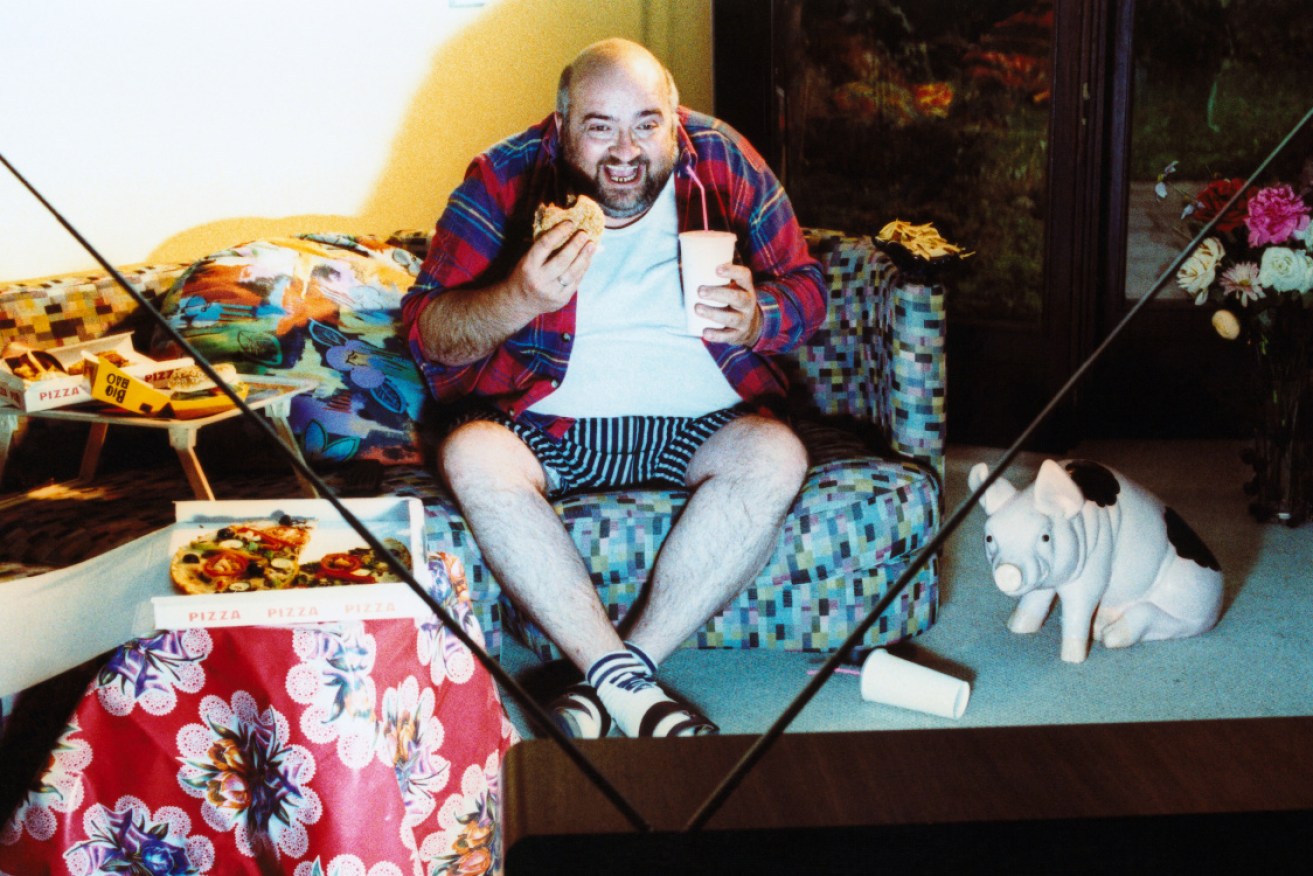Fat and bald? Scientists suggest one causes the other


The relationship between comfort eating and being jolly wasn't explored. Photo: Getty
When you hear someone described as “fat and bald” in the movies, there isn’t a lot of kindness going on. Life is cruel, you might say.
Indeed it is.
We hear all the time that for every sugary, fatty treat you ingest, your liver, pancreas, heart and waistline tend to suffer a little – but so do your hair follicles.
A new study explains how a high-fat diet causes you to lose your hair.
In experiments with mice, scientists from Tokyo Medical and Dental University found that a high-fat diet negatively affected hair follicles in just four days.
This builds on previous research that found a higher Body Mass Index is “significantly associated with greater severity of hair loss in men with male-pattern baldness”.
In other words, if you were already going bald, obesity caused you to lose your hair at a faster rate.
For every burger and fries, a follicle dies
As we age, our hair follicles begin to shrink and become less productive.
Hair growth slows down and our hair starts to thin.
The rate of this age-related hair loss has a variety of causes, including stress and overall health.
At its root, so to speak, hair loss occurs with the depletion of hair follicle stem cells (HFSCs).
Ordinarily, at least in our youth, these stem cells “self-renew every hair follicle cycle”.
This is part of the process that allows our hair to continuously grow back.
As we age, HFSCs fail to reliably replenish themselves, leading over time to fewer stem cells and less hair regrown.
The Tokyo researchers found that obesity-induced stress, such as that induced by a high-fat diet, targets these stem cells and accelerates hair thinning.
How does it happen?
One of the problems caused by obesity is chronic inflammation, which plays a role in cardiovascular disease, cancer and tissue dysfunction.
So it’s no great surprise that obesity induces inflammation that blocks hair follicle regeneration.
In the experiments where mice were fed high-fat diets, these mice experienced faster hair loss and smaller hair follicles along with depletion of the stem cells compared to mice on a regular diet.
Hair loss may be a predictor of serious illness
A study from 2017 found that male pattern baldness and premature greying were more of a risk factor for heart disease than obesity in men under 40.
A 2013 study found that balding men were 32 per cent more likely to have coronary heart disease.
In response to a BBC report, the British Heart Foundation advised that men should focus on their waistline, not their hairline.








